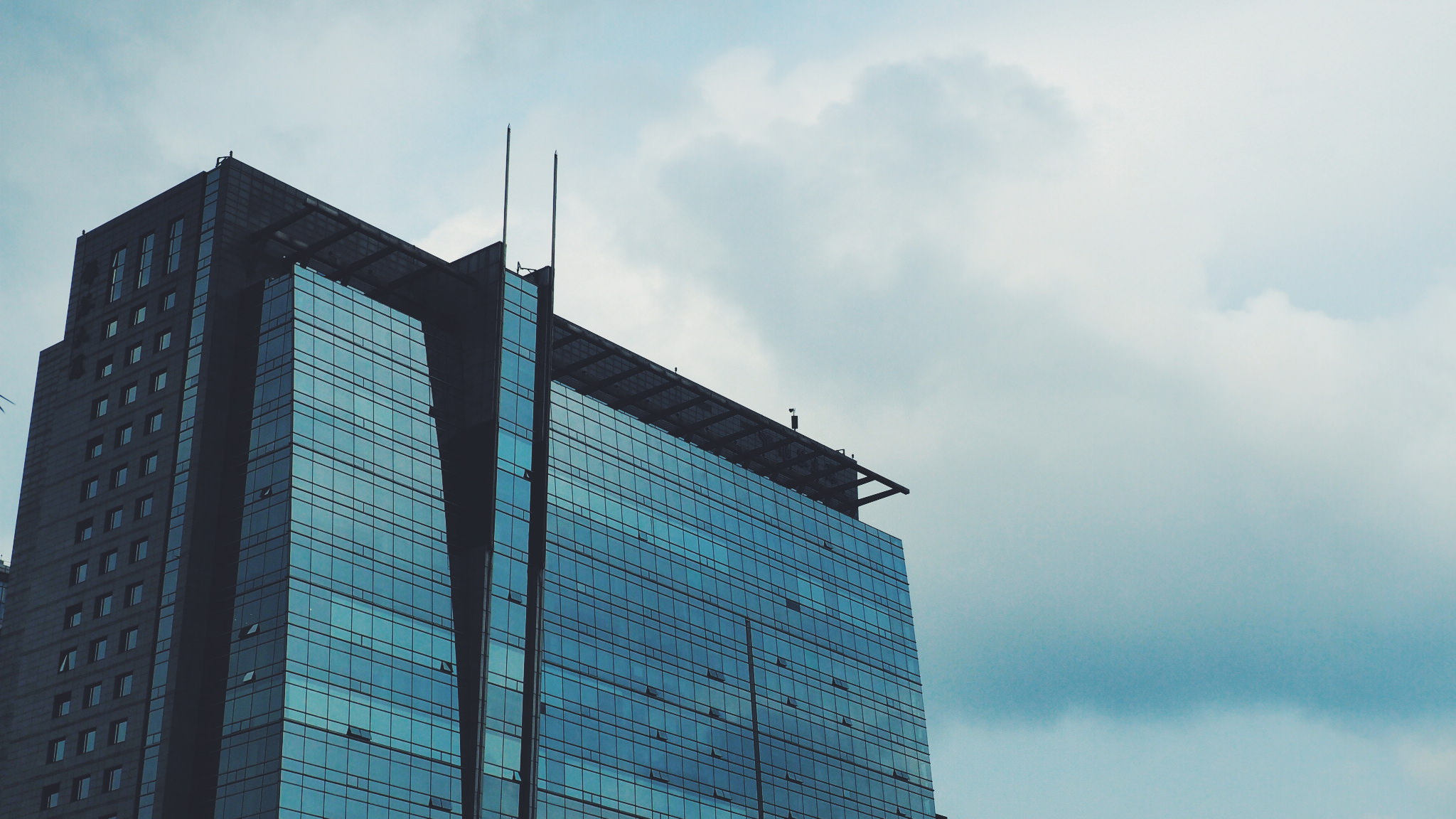Courtesy: Khaleej Times
The Federal Tax Authority (FTA) and Dubai Land Department (DLD) have confirmed that the UAE’s recently introduced value-added tax (VAT) will have a limited impact on the real estate sector.
In a statement on Tuesday, FTA and DLD said all real estate transactions, with the exception of the sale of vacant commercial properties and commercial property leases, will be either not subject to or exempt from the 5 per cent VAT. They further said leased commercial property will not be considered a supply during their sale by the taxable person and will therefore not be taxable.
Khalid Ali Al Bustani, director-general of the FTA, stressed that the UAE tax system has been designed to support the real estate sector in all its activities and provide a suitable environment for its continued growth and development as one of the main contributors to the national economy and investment environment.
“The Federal Decree-Law No. 8 of 2017 on VAT and its Executive Regulation provide several mechanisms to ensure the continued competitiveness of the real estate sector. For example, the law stipulates that the first supply of residential buildings within three years of completion is subject to the zero per cent tax rate, which means that owners or investors can recover the tax related to the expenses incurred on construction. Residential buildings will be exempted from tax after first supply,” Al Bustani said.
Al Bustani added: “Landlords who rent their properties for residential purposes are not required to register with FTA, if all supplies made by the owner are exempt from tax. In addition, the tax paid on facility management services of commercial buildings can be deducted by the owners on their VAT returns.”
Sultan Butti bin Mejren, director-general of DLD, said 85 per cent of components in Dubai’s total real estate sector are not subject to the 5 per cent VAT.
“When reviewing the details of sales, rents and other transactions, we found that the value of bare land sales, residential properties, and occupied commercial and retail properties comprise the largest percentage of total properties traded during 2017. This ratio is expected to remain over the coming years and even stands to increase with commercial offices continuing to improve their leasing operations and minimise empty units,” he said.
“In terms of rents, commercial real estate accounted for 31 per cent of the properties leased in the Dubai real estate market, or Dh21 billion out of Dh66 billion registered rents. As for the real estate businesses, it will be possible to recover taxes paid via the tax system,” Bin Mejren clarified.
Exempted real estate components
The components of the tax-exempt real estate sector include bare lands, provided that they are sold or leased when no building or engineering works are on such lands. Upon commencement of any real estate development work, tax will be applied.
Residential buildings are not taxable if sold or rented. These include apartments, buildings, residential villa complexes, housing for workers and students, accommodation for armed forces and police, and homes for the elderly, orphans and nursing homes. The law stipulates that the period of the lease shall be more than six months or to the holders of the identity card issued by the Federal Authority for Identity and Citizenship. However, this does not apply to buildings not fixed on lands, hotels and hotel apartments, or apartments offering services in addition to housing.
The same applies to real estate transactions related to residential buildings, including sales, rents, leaseholds and long-term leases. In these cases, the owner of the property benefits from the zero rate. In the case of new residential properties constructed by developers or businesses, the tax paid may be recovered if the supply is made within three years after the completion certificate.
In the case of buying a commercial building and converting it into a residential building, the buyer is entitled to recover the tax paid within a period of three years from the date of transfer. The same applies if the customer rents a residential property that has been built. As for mixed use buildings, the residential part is subject to exemption or zero rate according to its percentage of the building, while the commercial part is subject to tax.
Leased commercial properties are not considered as a supply for the purposes of VAT when sold or disposed of by any transaction resulting in the transfer of ownership to a taxable person registered for tax purposes. The procedures for renting or selling commercial and industrial properties in the designated zones specified by the decision of the Cabinet are outside the scope of tax.
Properties taxable by 5%
The sale of vacant commercial properties or the off-plan sale of commercial properties under the building license, are subject to a 5 per cent VAT; however, the tax paid during the lease period can be recovered through the tax return of the tenant if they are a taxable person registered for tax purposes and entitled to tax refund. Tax paid towards the purchase of an entire building may be recovered according to the capital asset scheme, if the cost of the property exceeds Dh5 million.
Real estate-related services including brokerage, management and real estate consultancy are subject to 5 per cent VAT on the value of the service rendered at the location where the property is located, and according to the normal business rules on taxation.

